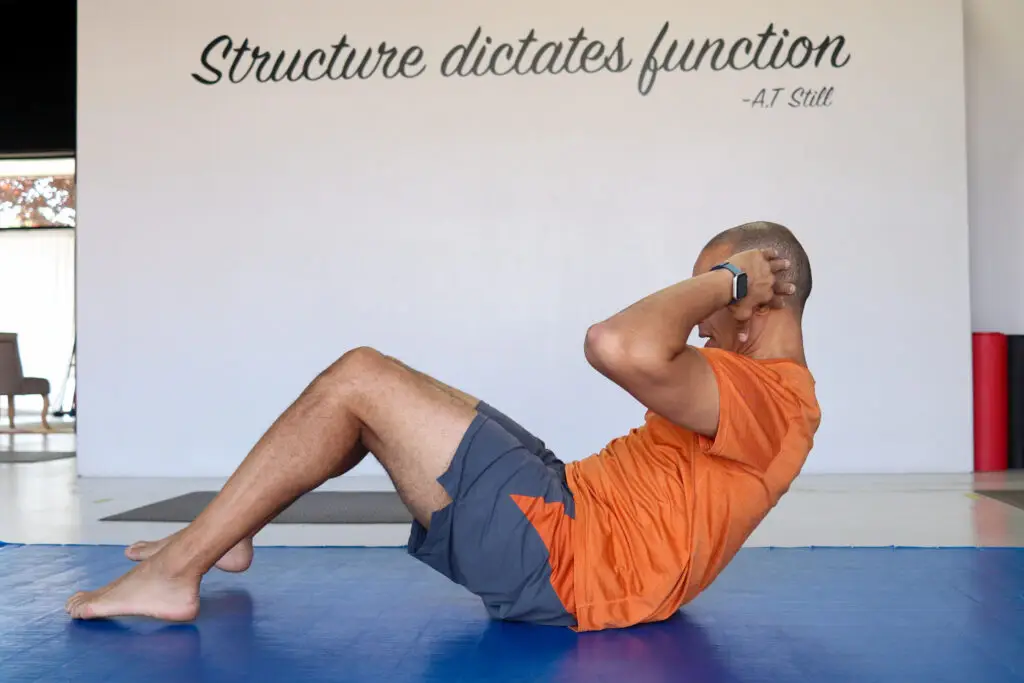
Introduction: Why Mindset Is the REAL Foundation
Ever notice two people can experience the same day and have opposite attitudes? “Ugh, Monday is a drag,” versus “Hey, new week, let’s see what happens.” The difference? It’s not the circumstances—it’s the mindset. Mindset is more than trendy “positive thinking.” It’s the foundation for how you interpret events, handle obstacles, and rebound from stress. At SolCore Fitness, we’ve found that everything—commitment, resilience, even physical health—starts with your story about what’s happening.
The Power of Perception
Perception is choice in action. Imagine you’re late for work and stuck in traffic. One mindset says: “My whole day is ruined.” Another reframes: “Great, I’ve got ten minutes of me-time.” Same event. Different perception leads to different stress, mood, and likelihood of eating breakfast or finishing a workout later.
The “Brain Reps” Theory
Just as you build strength set after set, you build mindset moment-by-moment, story-by-story. Every time you practice a more constructive thought—“Setbacks are feedback, not failure”—you lay down neural “tracks” that make it easier to choose helpful thoughts tomorrow.
Real-World Story: Sharon’s Shift
Sharon, a long-term SolCore member, was queen of negative self-talk. If a class felt tough, she’d say, “I’m so weak.” If the scale didn’t budge in a week, “It’s hopeless.” After coaching, Sharon built a new mental habit. She replaced every criticism with a countering truth: “It’s normal to struggle. I’m getting stronger every time.” Within two months, her stress levels dropped, she looked forward to tough days, and—bonus—her body changed faster because she stopped sabotaging herself emotionally.
Habit #1: Question Your First Story
Pause when you catch yourself making a snap judgment (e.g., “I failed at my workout”). Ask, “Is this absolutely true? What’s another story?” This unlocks new perspectives—“I showed up, pushed through, and learned what I need to focus on.”
Habit #2: Practice Daily Wins
At the end of each day, jot down three “wins”—big or small. Over time, this shifts your brain’s attention from what’s missing to what you’re building.
- “I cooked a healthy dinner.”
- “I took a walk.”
- “I apologized instead of stewing.”
Habit #3: Choose Supportive Language
Transform “I have to work out” into “I get to move my body.” Instead of “It’s hard,” try “It’s challenging, which means I’m growing.” Language isn’t just communication—it builds reality.
Habit #4: Cultivate “Obstacle Immunity”
Resilient people expect setbacks. They develop a script: “This challenge is an opportunity to learn.” When plans get derailed—illness, work, unexpected travel—view it as training for real life, not a personal flaw.
Habit #5: Embed Mindset Shifts In Action
John struggled to maintain his routine when family stress peaked. We made a plan: for every negative thought (“I have no time”), anchor it to an action (“I’ll do a 5-minute stretch right now”). Action cements new mental patterns.
How Positive Mindset Fuels Physical Progress
The research is clear: optimistic people recover faster from injury, are less likely to develop chronic pain, and have better immune function. How? Lower cortisol, adaptive behavior, and a willingness to try again.
Caution: Positive Doesn’t Mean Fake
You don’t have to deny hard times. True “positive mindset” acknowledges pain, setbacks, and struggle—then seeks the lesson or opportunity, not just a happy face.
When Mindset Shifts Don’t Come Easy
If you’ve faced trauma, chronic pain, or have deeply engrained self-criticism, shifting mindset can be difficult. Support helps: journal, work with a coach, or join a group where positive stories are the norm.
Building the Habit—One Day at a Time
- Start every morning with a question: “What’s one thing I’m grateful for?” or “What could go right today?”
- Pair your workout with a positive affirmation: “Every rep is me building capability.”
- After tough days, ask, “What would I tell a friend?” Then say it to yourself.
Client Example: Rick’s New Week Ritual
Every Sunday, Rick writes two lists: “Last week’s wins” and “What I’ll attempt this week.” This simple review keeps self-doubt in check and sets him up for consistency, even when motivation dips.
Final Step: Get Help Turning Mindset Into Consistency
It’s one thing to read about these ideas; it’s another to practice them. If you want support, clarity, and a plan for weaving these new habits into daily life, book a [Free Consultation]. At SolCore, we’ll help you build the mindset that lays the base for the body you want.
It’s not just working out, it’s building a foundation for a better life.
Find out more @

Leave a Reply